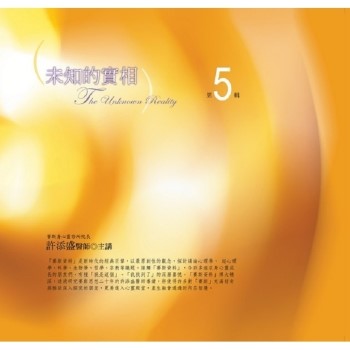This book explores the life and theories of Michael Balint, who kept alive Ferenczi’s analytic traditions in Budapest and brought them to London, where they became a vital part of the Independent Group’s theory and practice. Balint’s theoretical understanding of regression, "new beginnings," "basic fault," as well as his profound impact on medicine, are all described.
The work in the Balint groups by general practitioners, psychiatrists, and physicians are explored. Whole person and psychosomatic medicine, championed by Balint, is contrasted with today’s more compartmentalized approach to medicine, including the increasing separation of the GP from the family.
In the second part of the book, Dr. Sklar reflects on the complex tasks involved in psychodynamic assessment. Vignettes illustrate the the importance of understanding the forces in family dynamics, the value of an early memory and a dream, and the sexual life of the patient. The author argues that Balint’s ideas are of particular significance to us today, in our world of quick fixes and the overspecialization of medicine.
| FindBook |
有 1 項符合
Balint Matters: Psychosomatics and the Art of Assessment的圖書 |
 |
Balint Matters: Psychosomatics and the Art of Assessment 作者:Jonathan,Sklar 出版社:Karnac Books 出版日期:2017-03-22 語言:英文 規格:平裝 / 15.2 x 22.9 x 1.9 cm / 普通級 |
| 圖書館借閱 |
| 國家圖書館 | 全國圖書書目資訊網 | 國立公共資訊圖書館 | 電子書服務平台 | MetaCat 跨館整合查詢 |
| 臺北市立圖書館 | 新北市立圖書館 | 基隆市公共圖書館 | 桃園市立圖書館 | 新竹縣公共圖書館 |
| 苗栗縣立圖書館 | 臺中市立圖書館 | 彰化縣公共圖書館 | 南投縣文化局 | 雲林縣公共圖書館 |
| 嘉義縣圖書館 | 臺南市立圖書館 | 高雄市立圖書館 | 屏東縣公共圖書館 | 宜蘭縣公共圖書館 |
| 花蓮縣文化局 | 臺東縣文化處 |
|
|
圖書介紹 - 資料來源:博客來 評分:
圖書名稱:Balint Matters: Psychosomatics and the Art of Assessment
|










